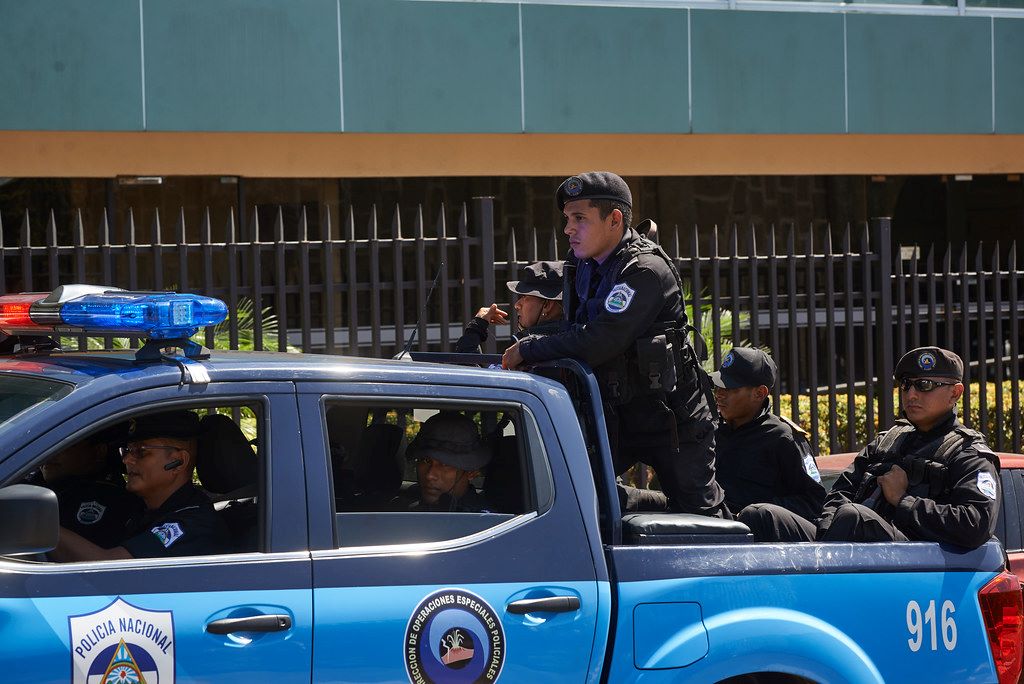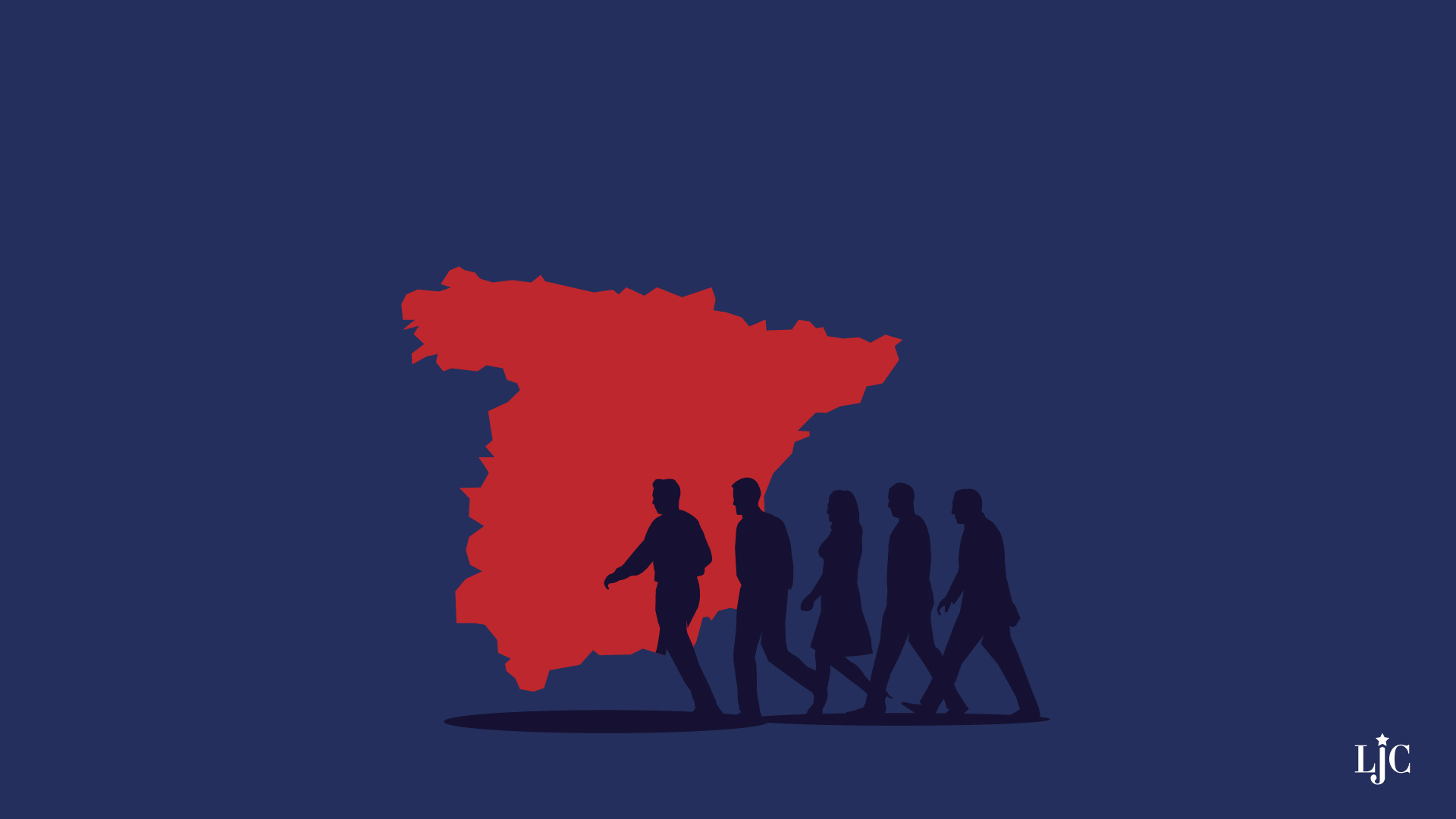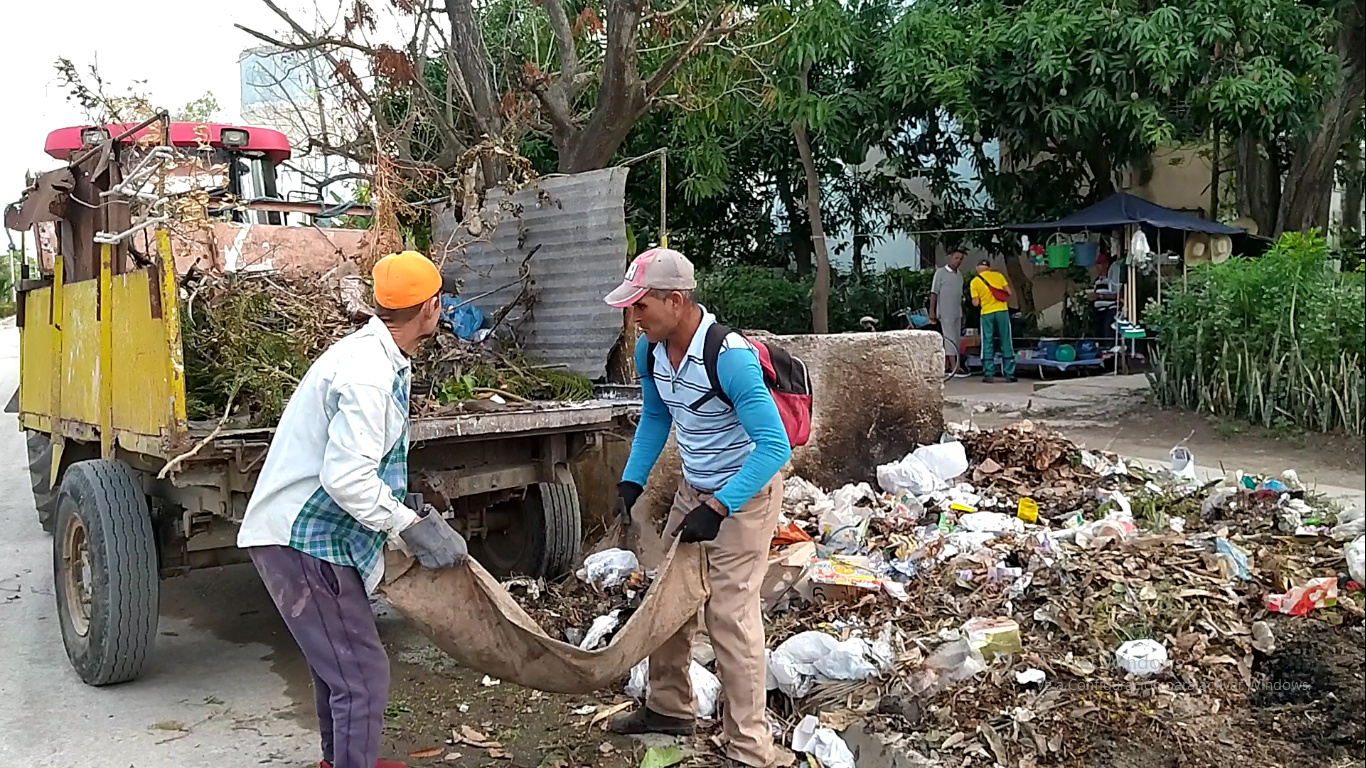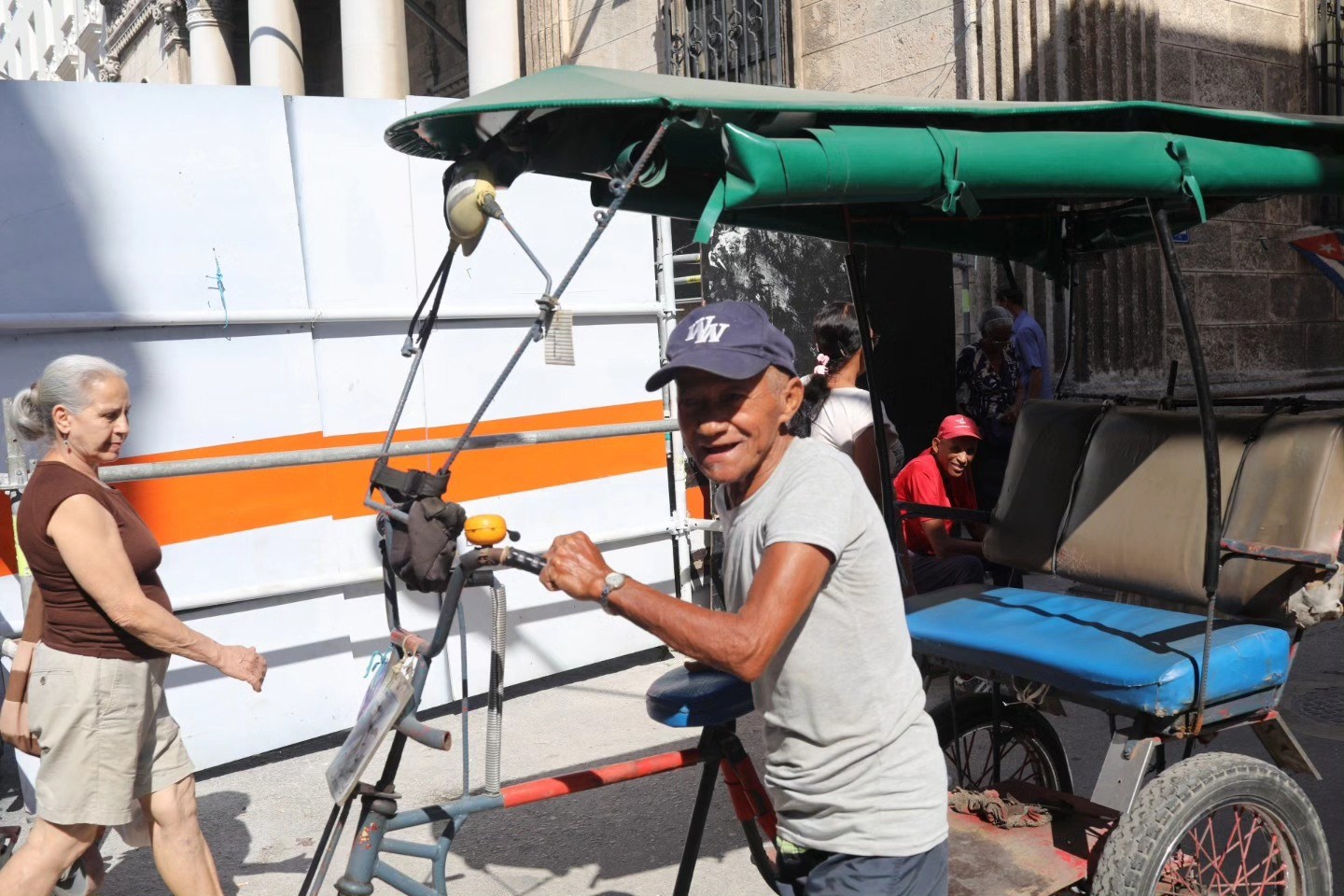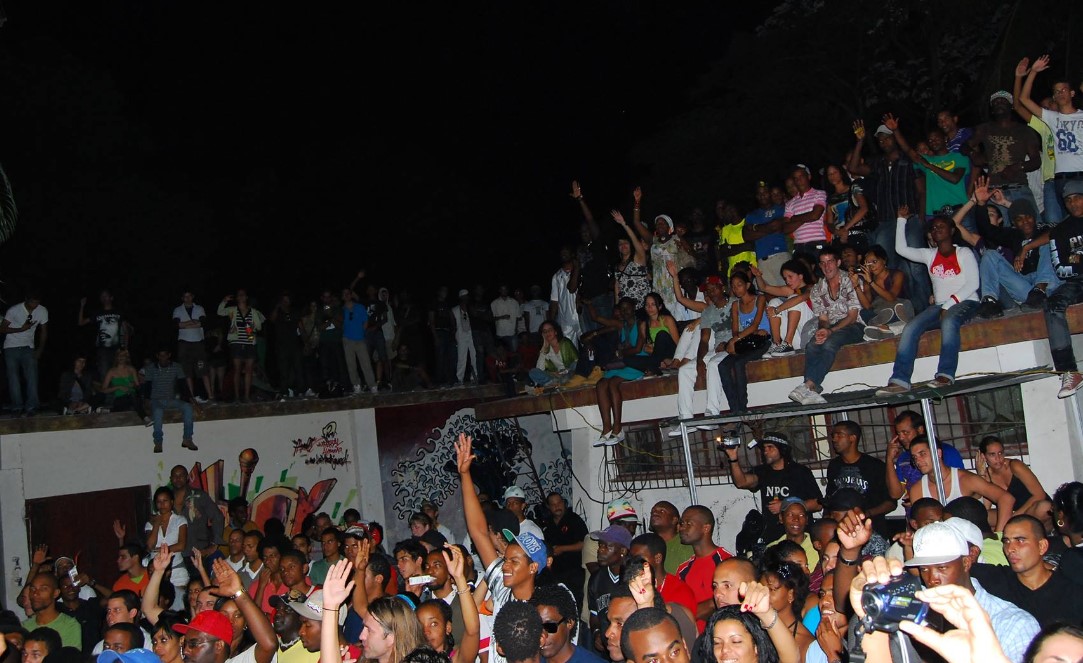
The organization accuses the Ortega-Murillo regime of intensifying the repression and demands justice for the victims.
HAVANA TIMES – The Human Rights Watch World Report 2024 was presented in the United States on Thursday, January 11. The report notes the unflagging abuse of power on the part of the Nicaraguan regime of Daniel Ortega and Rosario Murillo and questions the “generalized impunity” in the country.
The organization highlighted that in the last year the regime has intensified its onslaught against anyone perceived as a critic, including members of the Catholic Church, and has dismantled the civic spaces.
They also noted the massive closure of independent media, non-governmental organizations and universities, thus “violating freedoms of expression and association and restricting the right to education.”
The report puts special emphasis on the persistence of problems such as the total ban on abortion, the attacks on the indigenous and Afro-descendant communities and widespread impunity for serious human rights violations.
These are the principal findings of the HRM report in their section on Nicaragua:
Persecution of Critics
As of October, 81 people perceived as government critics remained in detention, a Nicaraguan rights group reported, most charged with “undermining national integrity’ and ‘propagating fake news.”
In February, the government stripped 317 people of their nationality, including 222 political prisoners the government expelled to the US, labeling them as “traitors” and confiscating their assets. The decision, which violated international human rights law, left many stateless.
Authorities removed birth certificates and academic records of some of those expelled from the civil registry, impeding the right to access personal information. They also erased critics’ personal data from the Nicaraguan Institute of Social Security, depriving many of their pensions. In May, the Supreme Court permanently suspended the licenses of 25 lawyers and notaries, ruling that because they were now considered “foreigners,” they could no longer exercise their profession in Nicaragua.
Attacks on Religious Freedom
Attacks on the Catholic Church, which began in 2018, have escalated.
In August 2022, police officers detained Bishop Rolando Alvarez, an outspoken government critic, and charged him with “undermining national integrity” and “propagating fake news.” In February, Alvarez refused to be expelled and a judge sentenced him to 26 years in prison. The UN Office of the High Commissioner for Human Rights (OHCHR) reported in June that Álvarez was being held incommunicado.
In May, the police announced that authorities were investigating the Catholic Church for alleged money laundering and had frozen several dioceses’ bank accounts.
In August, authorities canceled the legal registration of the Jesuit-run Universidad Centroamericana (UCA), seizing its assets and leaving thousands of students in limbo. The closure brings the number of universities shut down since December 2021 to 28.
In October, the government released 12 Catholic priests and sent them to Rome, following what it described as an “agreement with the Vatican.”
Authorities also banned the 2023 Easter processions and closed the Jesuit religious order in August, confiscating its properties. They also continued to expel foreign priests and nuns.
Freedom of expression and association
Human rights defenders, journalists, and critics are targets of death threats, assaults, intimidation, harassment, surveillance, online defamation campaigns, and, as discussed above, arbitrary detention, prosecution, and deprivation of nationality.
Authorities had closed over 3,500 NGOs as of November 2023, including women’s, religious, international aid, and medical groups. This represents roughly 50 percent of NGOs officially operative in Nicaragua before April 2018. The closures have cut off essential services to many beneficiaries.
Between 2018 and 2022, the government closed at least 57 media outlets, 30 in 2022 and 2 in 2023, the Nicaraguan Platform of NGO Networks reported.
Abusive legislation enabled many of the closures. A 2020 “foreign a


